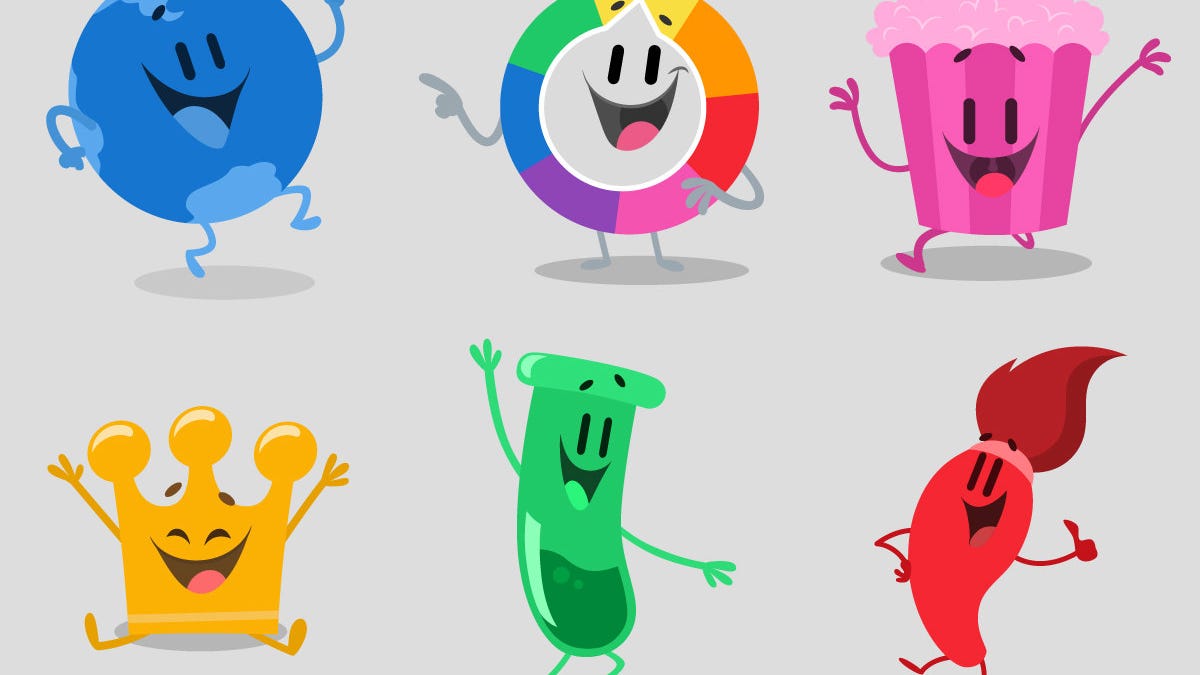Google: Smarter ads in mobile games will be fun! No, really
Ads that pop up less often and allow publishers to offer full versions of games will make players happier in the long run, promises a Google exec.
Google is pumped up about ads in mobile games and thinks you should be too.
You wouldn't be blamed for rolling your eyes, considering the message comes from a company that makes most of its money off advertising. But Jeff Birnbaum, head of gaming partnerships at Google, says that the smarter ads it has in mind pop up less frequently and lower the likelihood of annoying gamers. Relying on ads for revenue also means a publisher can offer you a complete game, rather than one that constantly nudges you to pay for extra lives or levels.
Birnbaum's enthusiasm for getting Google more involved in mobile games underscores the enormous potential in the market, which was worth an estimated $13 billion last year, according to researcher PwC. While almost all of that revenue comes from in-app purchases -- those levels or lives that cost you extra -- Birnbaum believes advertising will start to catch up because it represents an untapped area of growth.
"We're at a bit of a tipping point right now," Birnbaum said in an interview last month.
The Mountain View, California, company's push has an impact on gamers too. The search giant believes it can provide a better experience by serving you ads that target your interests.
Jeff Birnbaum, a liaison between game developers and Google's advertising force, says better ads can improve game play, not harm it.
Birnbaum points to an extreme case to show that Google-powered game ads can work in the best interests of both player and developer. When Etermax, the Buenos Aires-based creator of the hit mobile game Trivia Crack, agreed to stop sticking in commercials from any ad network other than Google's AdMob system, it produced some helpful changes for players.
The ads were more consistent, so if players wanted to close a video spot, they would find the button to tap in the same place every time. Tapping into just one ad network also means that the game runs fewer video ads and that individual players are less likely to run into repeat viewings of the same commercial.
"Seeing the same ad all over and over again...you don't like it as a user, you don't like it as a publisher, and you don't like it as an advertiser, too. It's bad for everyone," said Maximo Cavazzani, founder and CEO of Etermax.
Birnbaum points to other benefits, such as speed, for game players when developers use fewer ad networks. Typically, a mobile game with advertising has multiple systems feeding ads to fill available slots in the game. These vendors bid in real time to fill that opening, but the seconds it takes to determine a winner add up to the time a player must wait for the spot to load, he said.
The more ad networks that a game includes, the bulkier the game is to download and store on your device, Birnbaum added. This means the next time you're deciding which storage-hogging app to delete so you can fit more photos on your phone, you may put in your crosshairs a game loaded up with ad vendors.
Still, game advertising is bound to be a nuisance in the way that all commercials are, said Stephanie Llamas, director of research and consumer insights at video-game researcher SuperData. The least offensive ads pop up without interrupting play, she said, but more lucrative ads are going to be more disruptive. "Advertising in mobile games is going in the direction of all advertising online," she said. "People have learned to tune it out."
In newly industrialized countries, though, advertising in games is particularly vital, noted Fabien Nicolas, vice president of marketing at analytics company App Annie. Up to 70 percent of game maker revenue is coming from ads in places like India and Southeast Asia, where small incremental purchases are a greater burden on tighter disposable incomes, according to Nicolas.
Even in places like the US, where games are heavily weighted to in-app purchases, pressure is building on developers to squeeze more value out of the vast majority of players who never spend a dime, according to Nicolas. "We're going to see the makers who are really excelling at in-app purchases try to figure out how to monetize the other 95 percent," he said.


